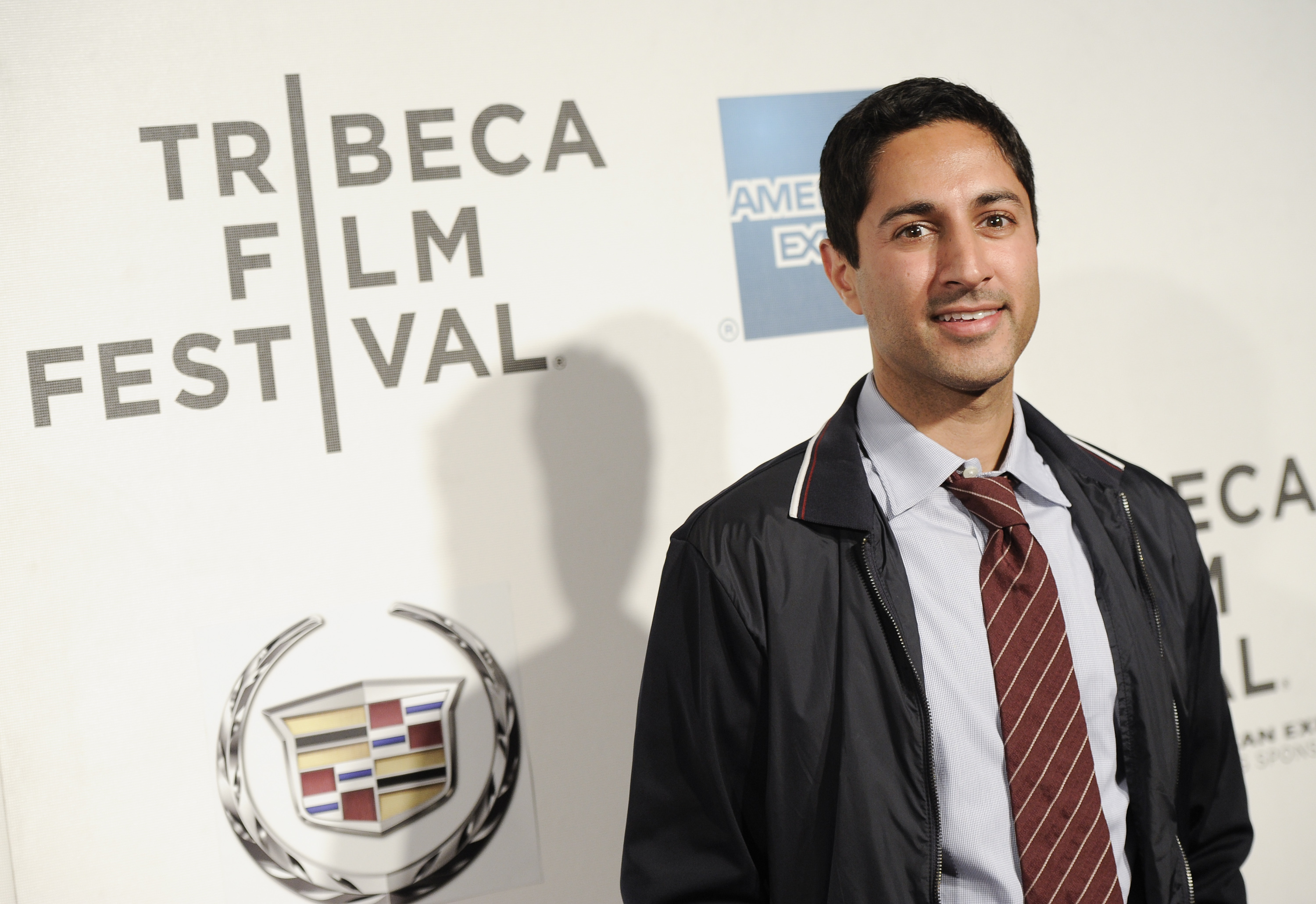Investigators Wednesday worked to piece together a picture of nightclub gunman Omar Mateen and his crime and zeroed in on how much his Palestinian-American wife may have known about the plot that left 49 victims dead.
The FBI said it is still gathering evidence at the Pulse and poring through volumes of leads and tips about Mateen and those who knew him, and it urged anyone with any information about the killer to contact the bureau.
"We need your help in developing the most complete picture of what he did and why he did it," FBI agent Ron Hopper said.
Salman feared he was going to attack a gay nightclub but did not call the police or give anyone a warning, NBC News reported Wednesday.
The FBI has also recovered Mateen's phone and will use location data to verify whether he previously visited the club, the official said.
At a news conference Wednesday, U.S. Attorney Lee Bentley repeatedly refused to say whether any charges might be brought against anyone. He said authorities are talking to hundreds of people and investigating everyone associated with Mateen, including family, friends and business associates.
Orlando Mayor Buddy Dyer said Mateen drove around the Orlando area Saturday evening, going from one place to another, before he opened fire at the gay nightspot about 2 a.m. Sunday. The attack ended with the 29-year-old American-born Muslim being killed by a SWAT team.
U.S. & World
Orlando is nearly a two-hour drive from Mateen's home in Fort Pierce, Florida.
"What I know concretely is that he was driving around that evening and visited several locations," Dyer said.
When asked exactly where Mateen visited, and whether the locations included theme parks as reported in news accounts, the mayor said: "I think it's been pretty accurately depicted on the news." He gave no further details.
In Fort Pierce, Florida, where Salman and Mateen lived, Salman made a brief visit to their first-floor apartment late Monday, escorted by police and her brother-in-law. Her father-in-law said she came to retrieve clothing. She did not speak with reporters.
She has otherwise been in seclusion.
Three people identifying themselves as FBI agents visited Salman's childhood home in Rodeo, California, on Tuesday and spoke with her mother, said Jessie Rojas, a next-door neighbor. Rodeo is in the dry hills near the oil refineries 25 miles northeast of San Francisco.
Salman and Mateen married in 2011 and have a 3-year-old son. Marriage documents on file in the Contra Costa County Recorder's office list Salman's parents' birthplace as Palestine. Their naturalization papers allowing them to stay in the country were approved in 1984.
In other developments:
— A newly unearthed clip from a film documentary about the 2010 BP oil spill in the Gulf of Mexico shows Mateen — then working as a security guard at a cleanup site in Florida — talking cynically about people who make money off disasters.
The clip from 2012's "The Big Fix" shows Mateen telling a woman who pulls up to his guard booth that everyone is "hoping for more oil to come out and more people to complain so they'll have the jobs."
Security firm G4S confirmed Wednesday that the guard in the clip is Mateen and said he was stationed in Pensacola, Florida, for several months in 2010 to assist with the cleanup.
— Florida documents obtained by The Associated Press under open-records laws show that Mateen passed a psychological evaluation in 2007 as part of his application to be a security guard. The records say he took a written psychological test or was evaluated by a psychologist or psychiatrist.
On Tuesday, a survivor of the massacre, 20-year-old Patience Carter, shed more light on Mateen's thinking, saying he talked about wanting America to "stop bombing my country" — a possible reference to his father's native Afghanistan.
A number of possible motives and explanations have emerged, with Mateen calling 911 to profess allegiance to the Islamic State group, his ex-wife saying he was mentally ill and his father suggesting he hated gays.
The picture grew more complex when a U.S. official said the FBI was looking into a flurry of news reports quoting people as saying Mateen frequented the nightspot and reached out to men on gay dating apps. The official was not authorized to discuss the investigation and also spoke on condition of anonymity.
Some psychologists raised the possibility that Mateen was sexually conflicted and lashed out, or else was casing the nightclub and trying to find potential victims online.
Mateen's father, Seddique Mateen, denied his son was gay and said that if he had been in the nightclub before, he may have been "scouting the place."
Mateen's ex-wife, Sitora Yusufiy, said earlier in the week that he was mentally ill and abusive. Amid the latest reports about his club-going, she told CNN: "Well, when we had gotten married, he confessed to me about his past that was recent at that time and that he very much enjoyed going to clubs and the nightlife and there was a lot of pictures of him."
"I feel like it's a side of him or a part of him that he lived but probably didn't want everybody to know about," she said.



